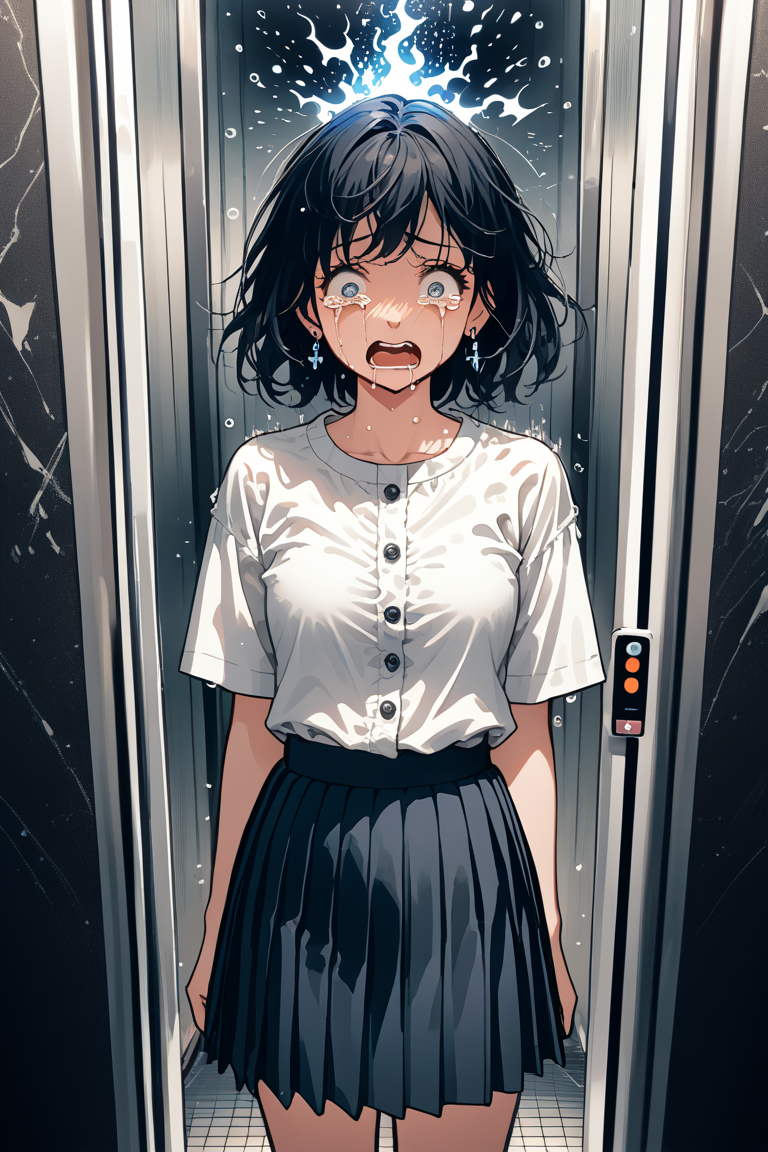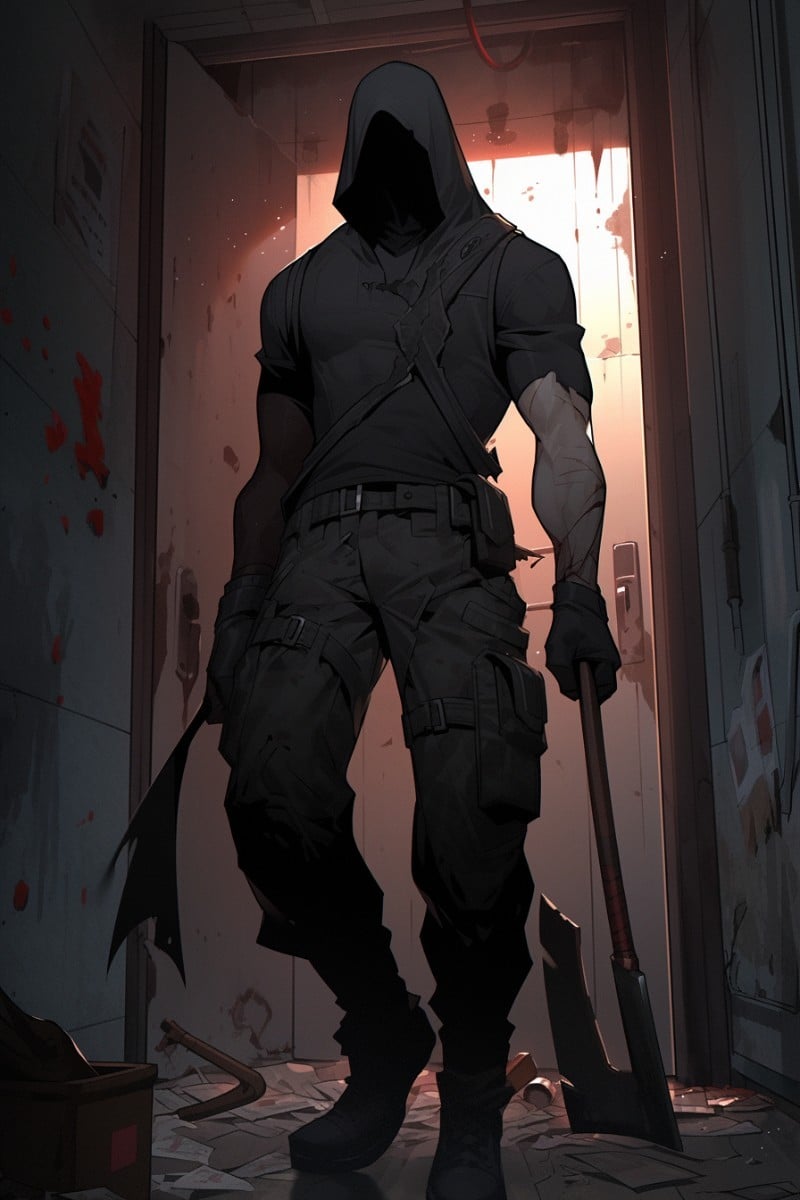When Character AI Refuses to Work: Understanding the Quirks of Artificial Intelligence
In the realm of virtual worlds and gaming, character AI plays a pivotal role in enhancing user experience and immersing players in elaborate storylines. However, what happens when this vital component malfunctions or simply refuses to cooperate? Let's delve into the intriguing world of character AI and explore the intricacies behind its occasional quirks.
The Genesis of Character AI
Before unraveling the complexities associated with malfunctioning character AI, it's imperative to grasp the fundamental principles governing its inception. Initially conceived as a means to introduce dynamic non-player characters (NPCs) capable of mimicking human behavior and responding to external stimuli, character AI revolutionized the gaming landscape.
Evolution of Character AI Algorithms
The evolution of character AI algorithms witnessed a shift from predefined decision trees to more adaptive machine learning models. This transition introduced a new level of realism and unpredictability, allowing NPCs to exhibit unique personalities and tendencies.
The Human-Machine Conundrum
As character AI grew increasingly sophisticated, the lines between artificial and human intelligence blurred. Players found themselves forming emotional connections with virtual entities, raising ethical dilemmas and prompting debates on the essence of consciousness.
Unveiling the Enigma: Why Character AI Fails
Despite the strides made in character AI development, instances of malfunction and non-compliance remain prevalent. Understanding the root causes behind these failures is crucial in devising effective solutions and mitigating potential disruptions to gameplay.
Technical Glitches and Bugs
One of the primary reasons character AI may cease to function stems from technical glitches and programming errors. These anomalies, although often minor, can have a cascading effect on NPC behavior, leading to inconsistencies and illogical responses.
Algorithmic Limitations
The inherent limitations of character AI algorithms place constraints on the complexity of interactions NPCs can engage in. This restricted scope may result in repetitive behaviors, diminishing the illusion of free will and autonomy.
User-Initiated Disruptions
In some cases, users intentionally disrupt character AI through unconventional actions or manipulative strategies. This interference not only undermines the integrity of gameplay but also challenges developers to anticipate and address such contingencies.
Embracing Imperfection: Navigating the Realm of Character AI Anomalies
While the reliability of character AI remains a top priority for developers, acknowledging and adapting to its imperfections is equally essential. By adopting a proactive approach and fostering a culture of innovation, the gaming community can transform setbacks into opportunities for growth.
Innovative Solutions and Adaptive Strategies
Implementing adaptive learning mechanisms and real-time feedback loops can enhance the responsiveness and adaptability of character AI, enabling NPCs to evolve based on player interactions and feedback.
User-Centric Design Principles
By prioritizing user experience and incorporating player feedback into AI development cycles, developers can bridge the gap between expectation and reality, fostering immersive and engaging gameplay experiences.
Ethical Considerations and Future Implications
Exploring the ethical implications of character AI anomalies unveils a broader discourse on the integration of artificial intelligence into virtual environments. Addressing issues of transparency, accountability, and bias is paramount in shaping a sustainable and inclusive gaming ecosystem.
As we navigate the intricate landscape of character AI anomalies, one thing remains abundantly clear – the evolution of artificial intelligence is inseparable from the evolution of human creativity and ingenuity. Embracing the imperfections of character AI is not a sign of weakness but a testament to our collective commitment to innovation and progress.
 4.37
4.37 890
890















